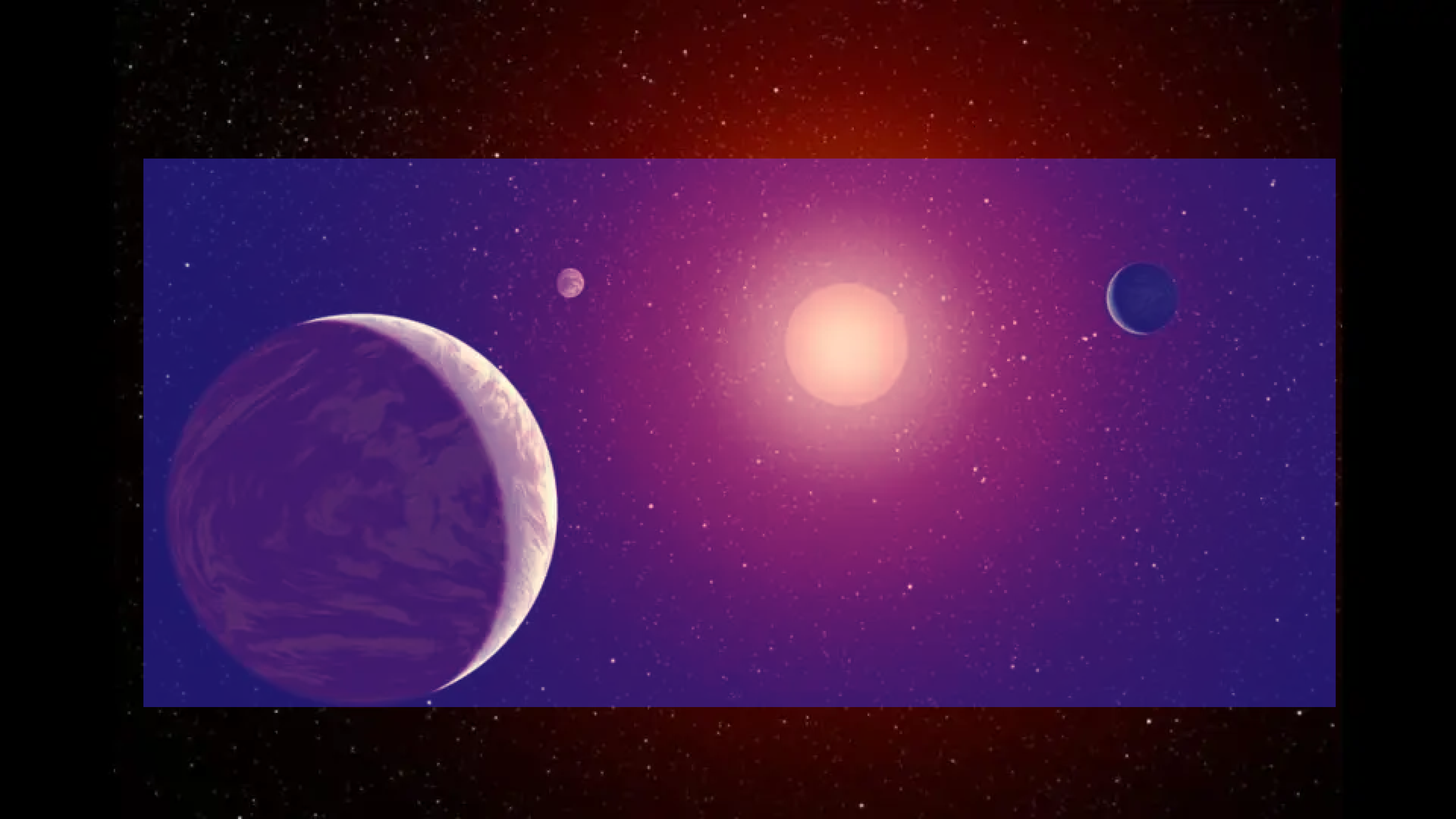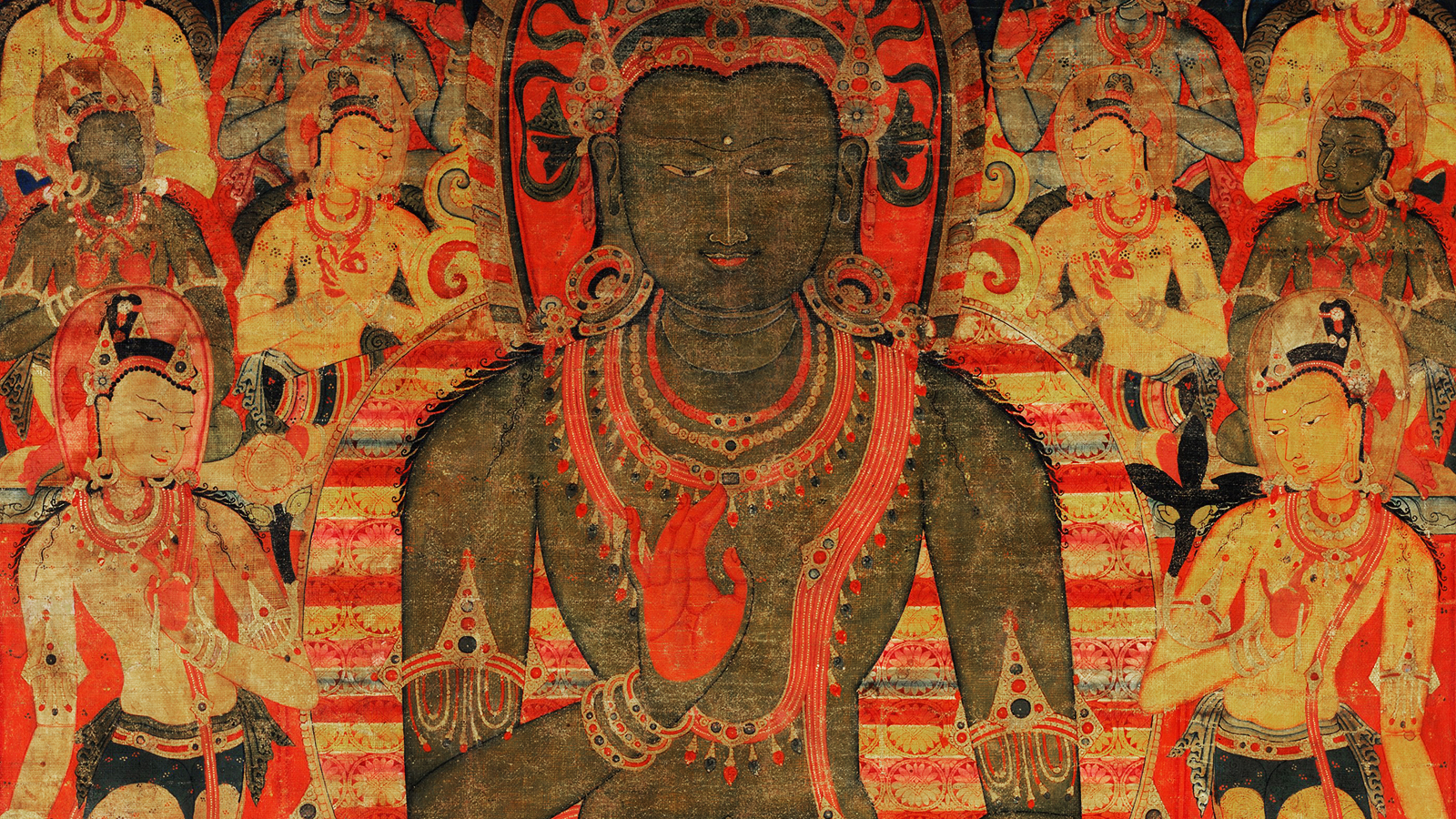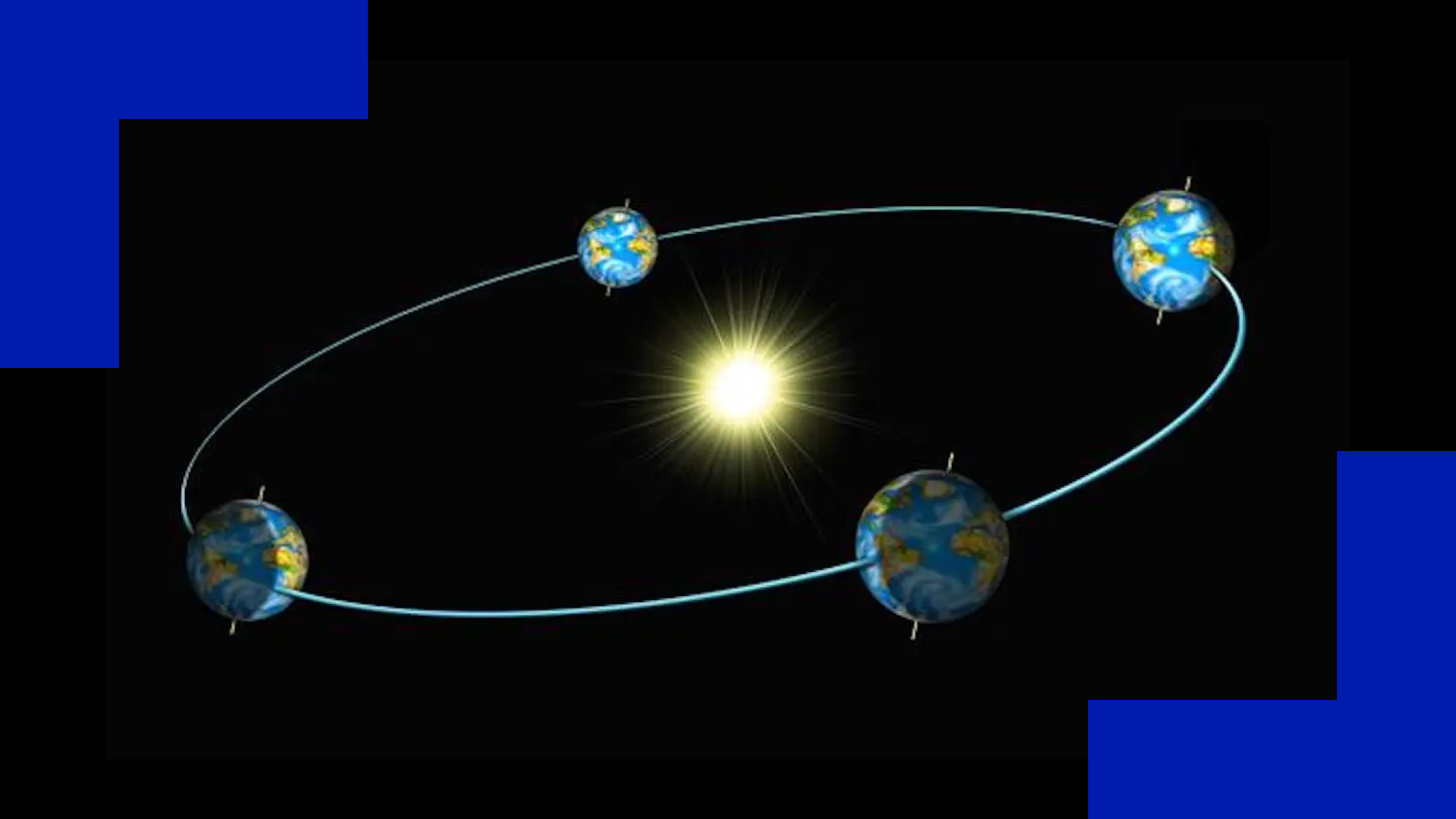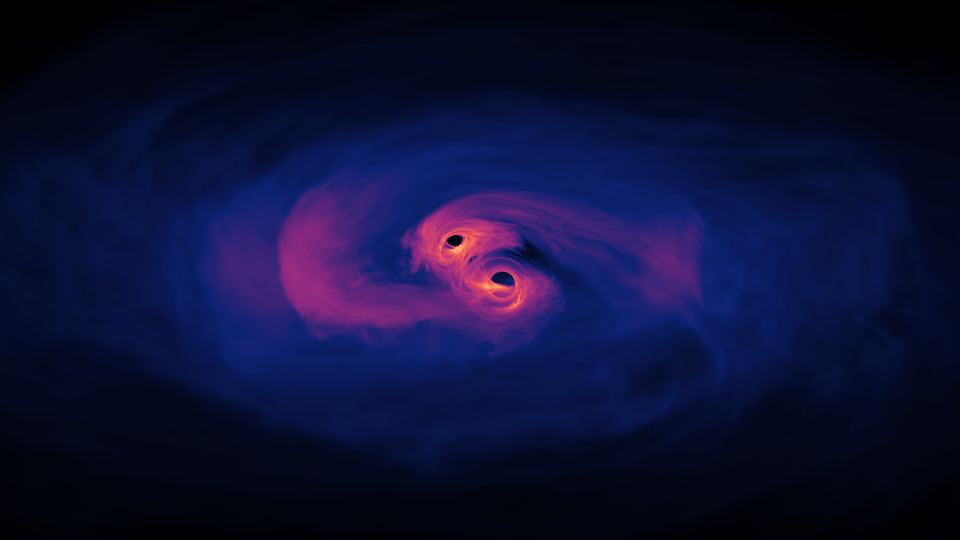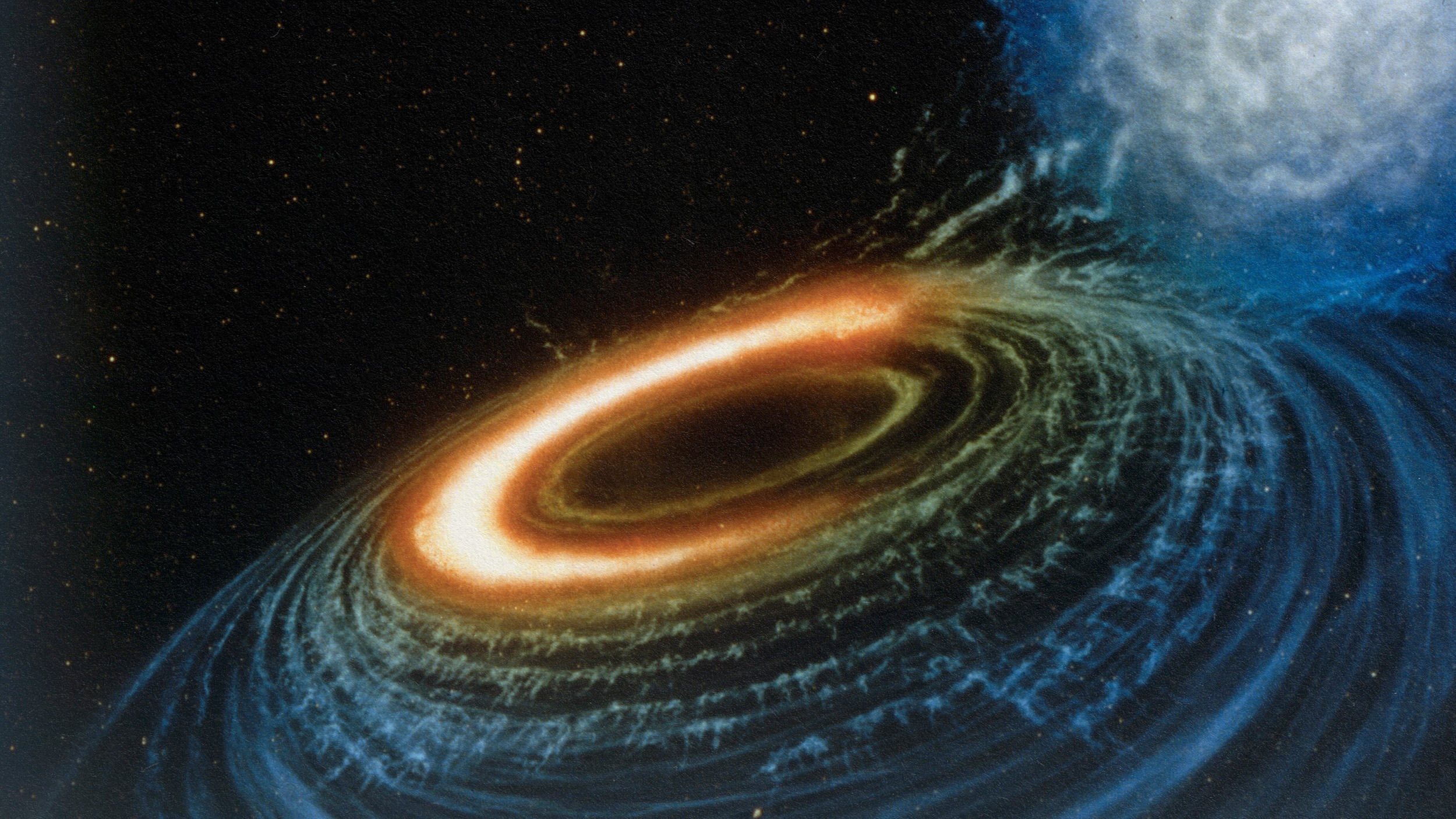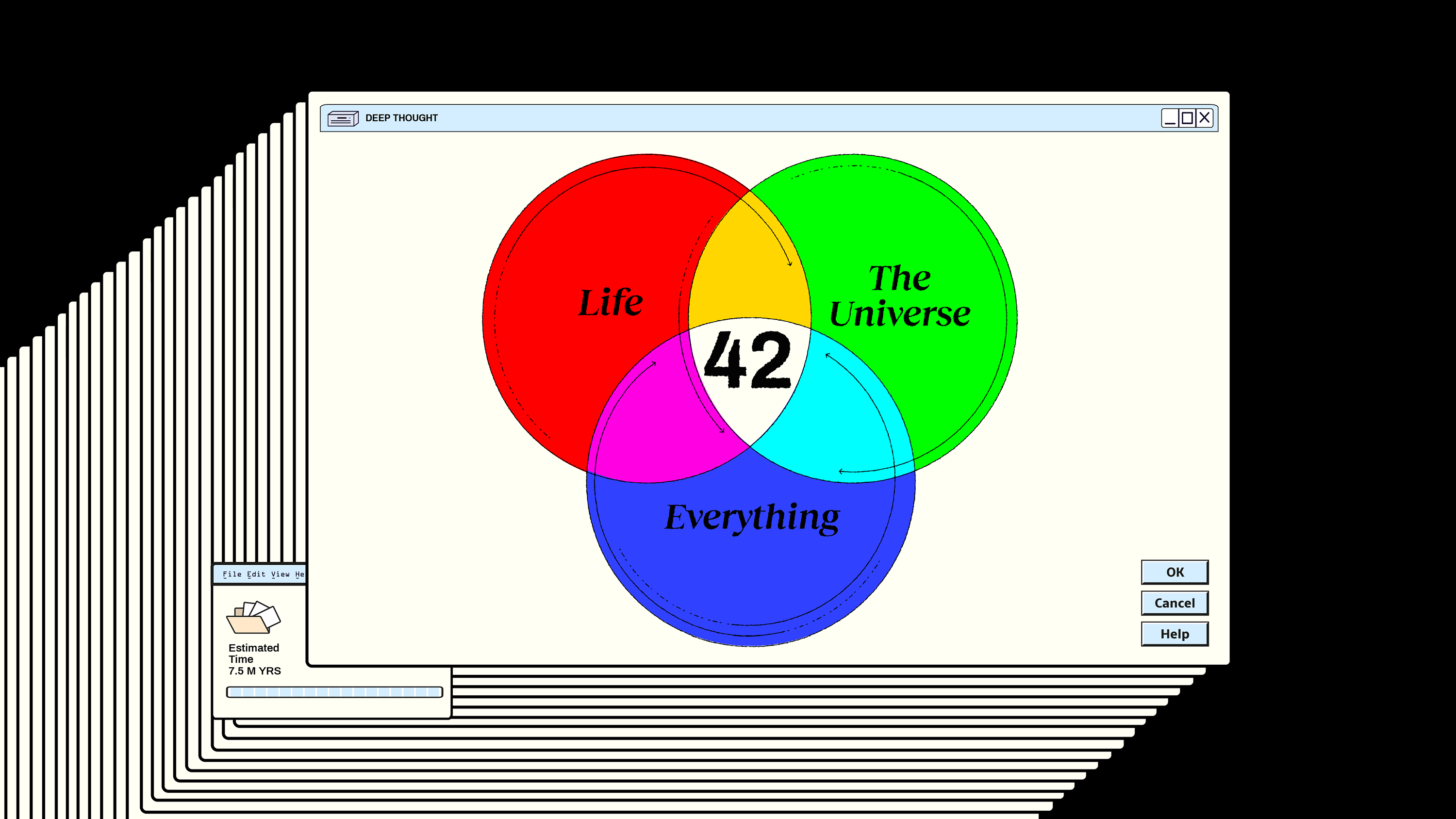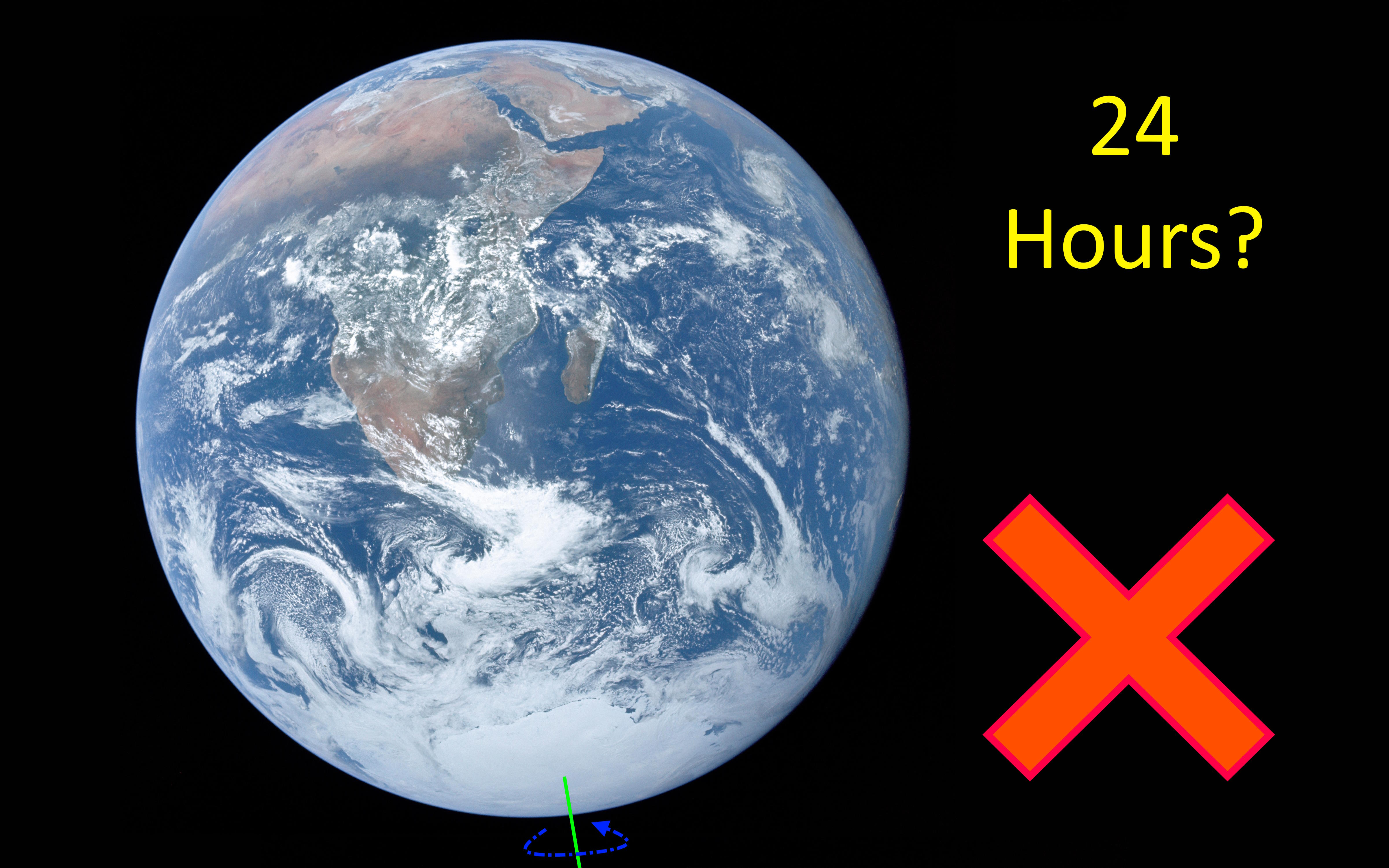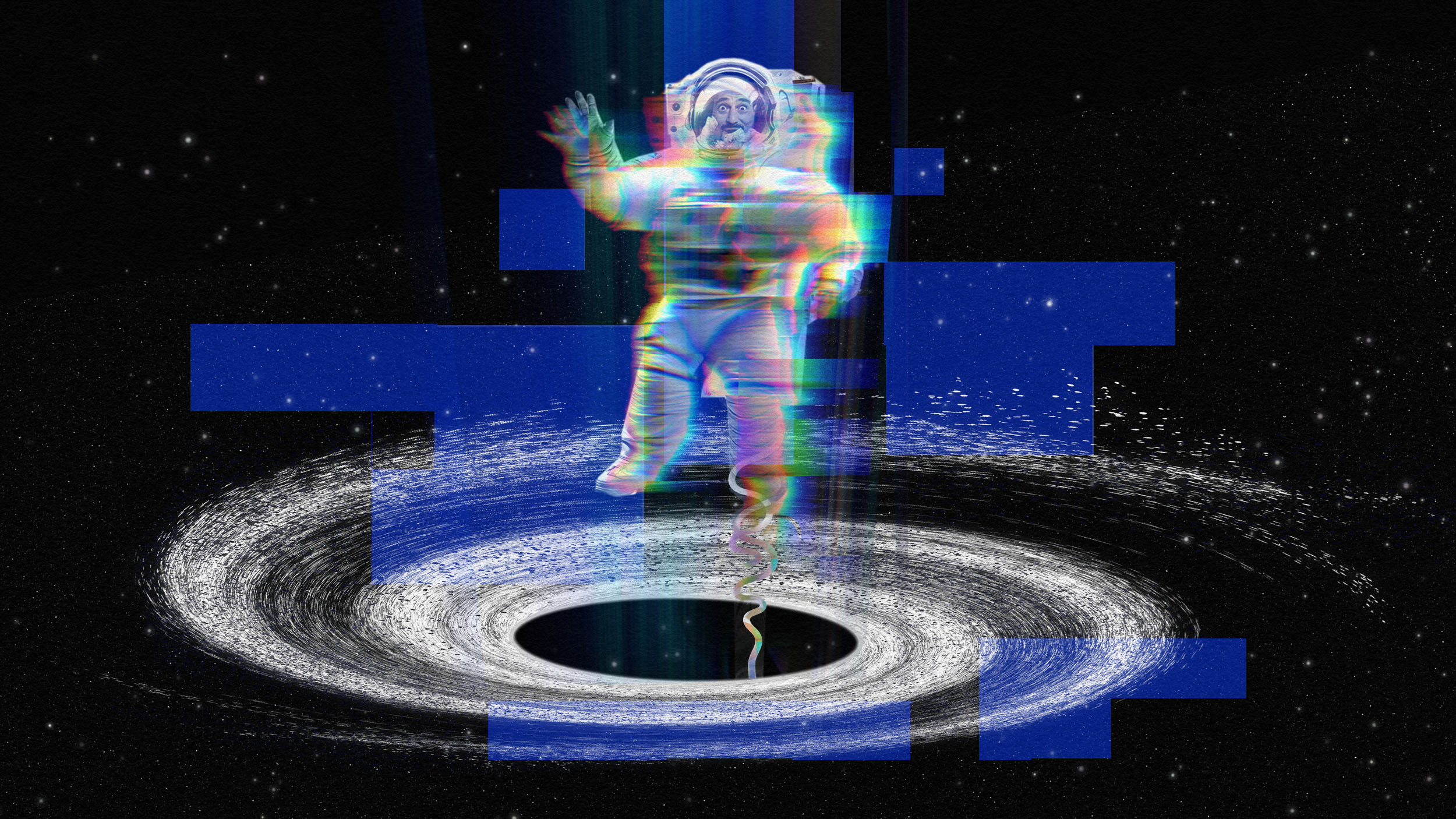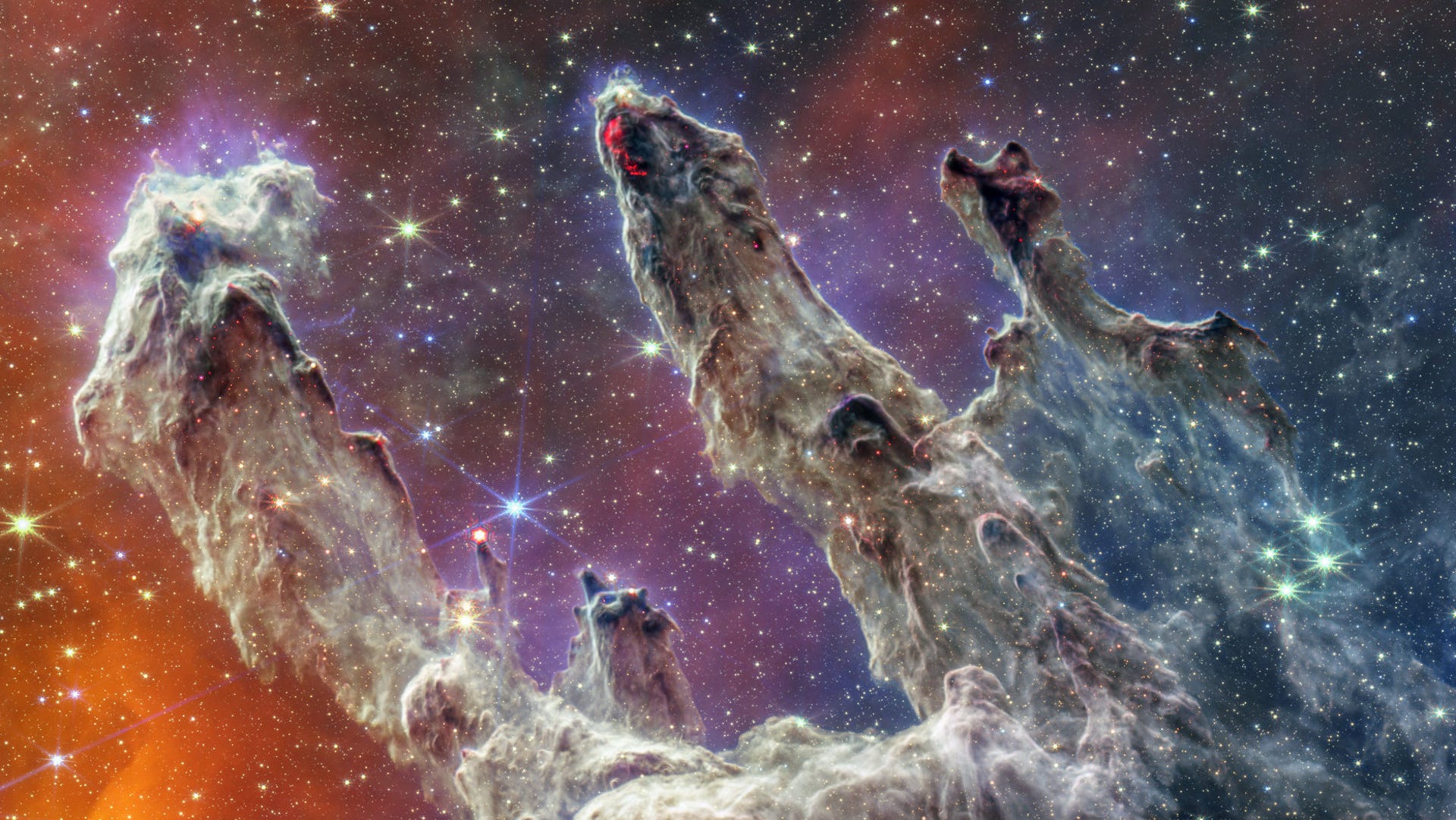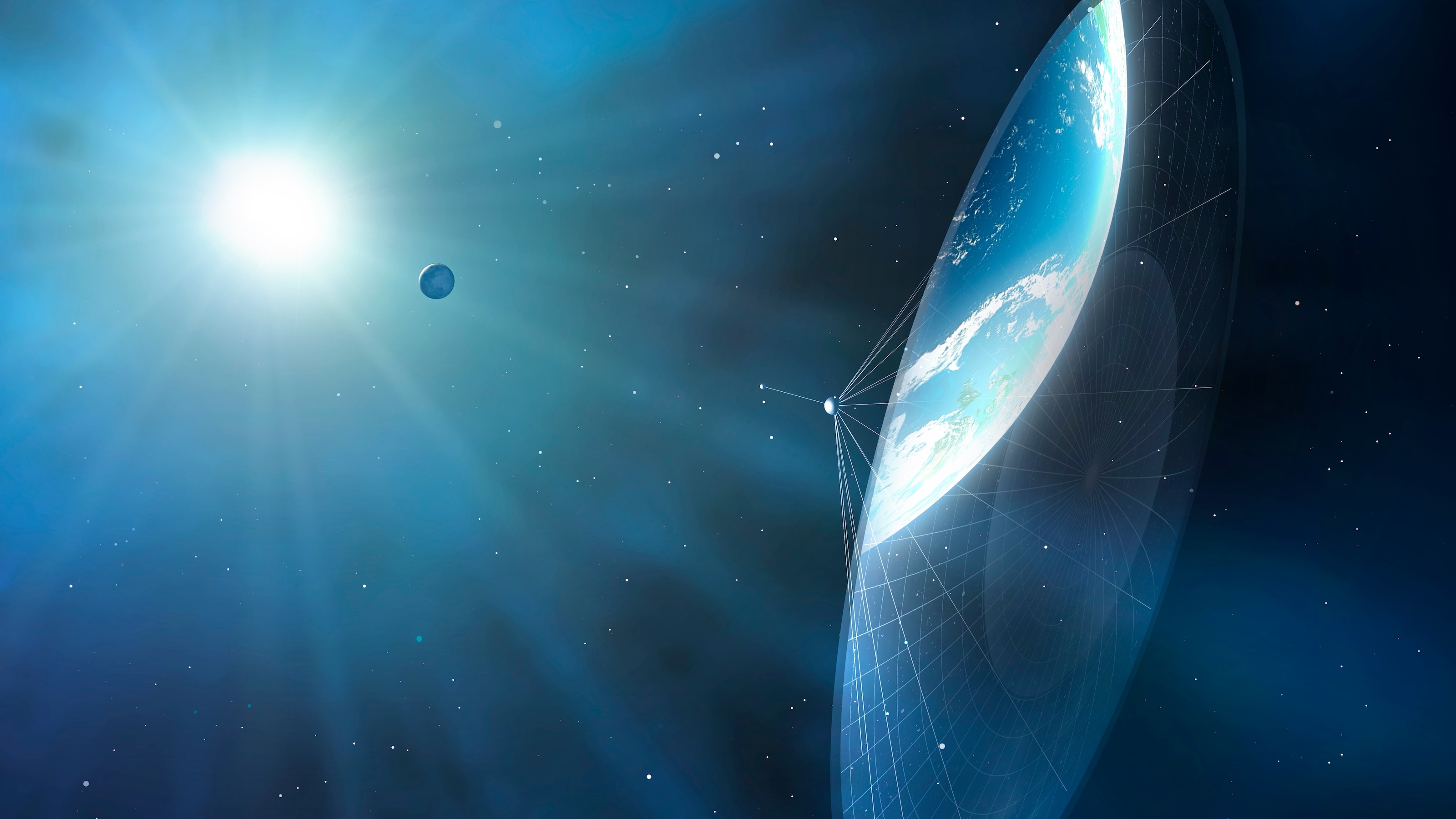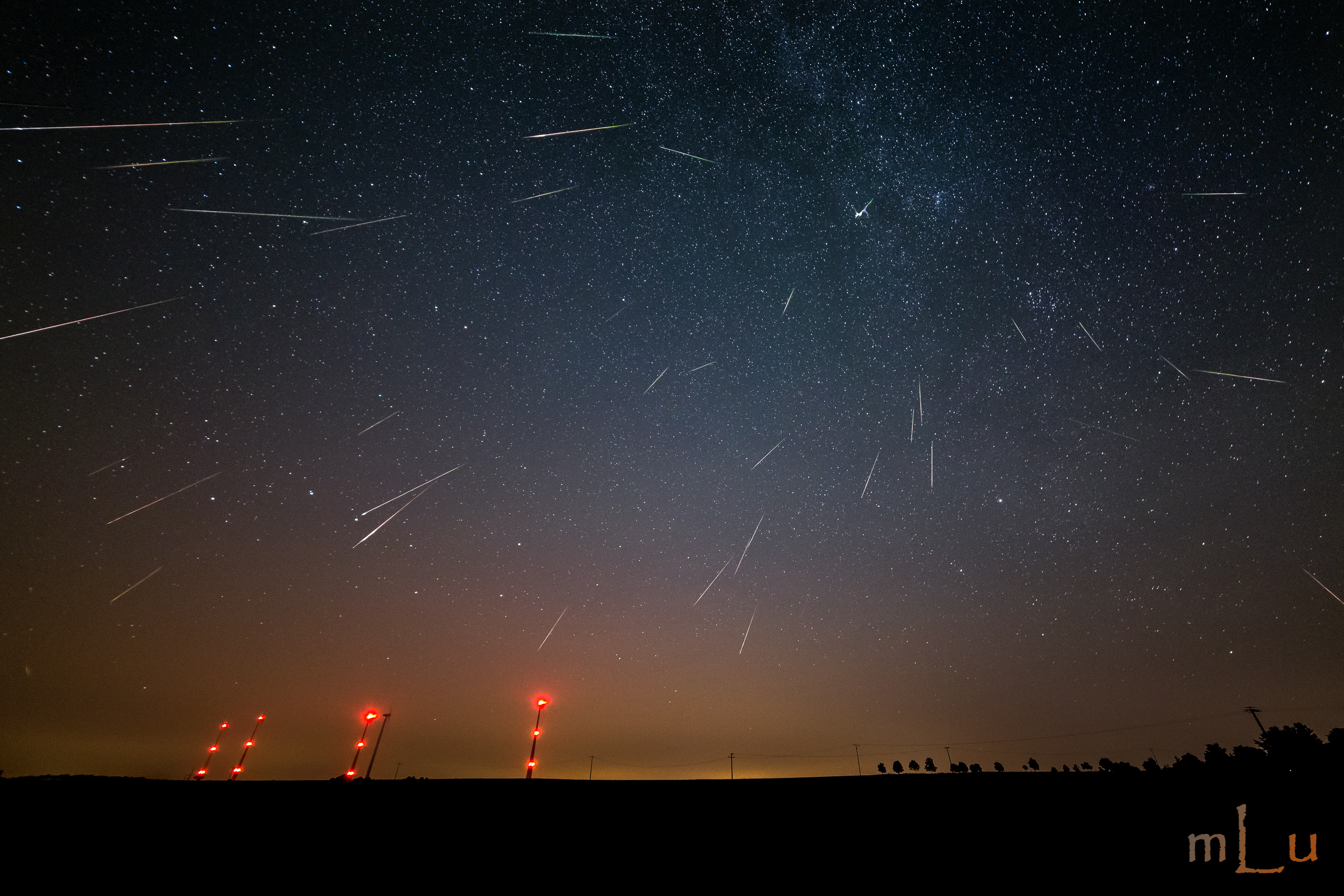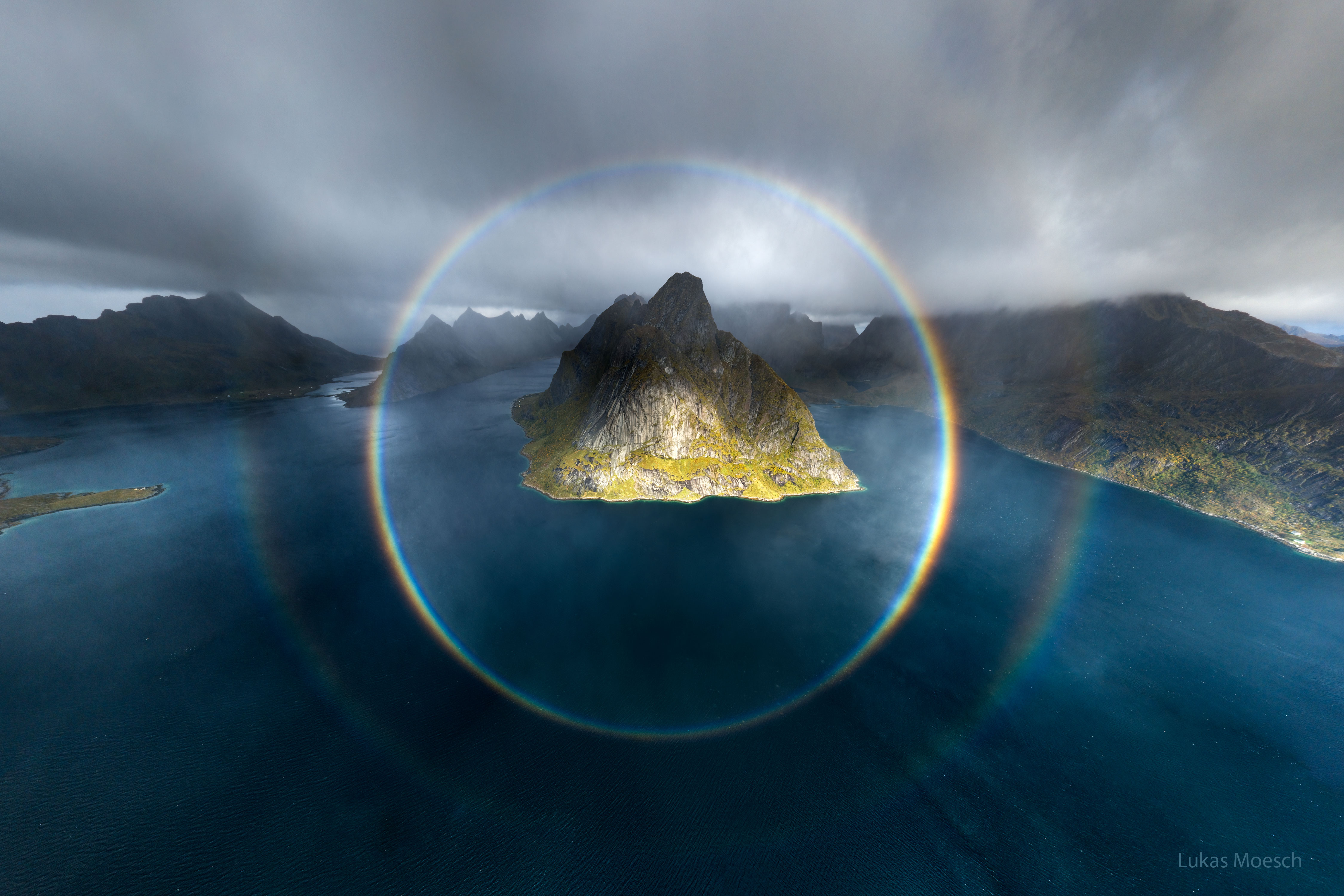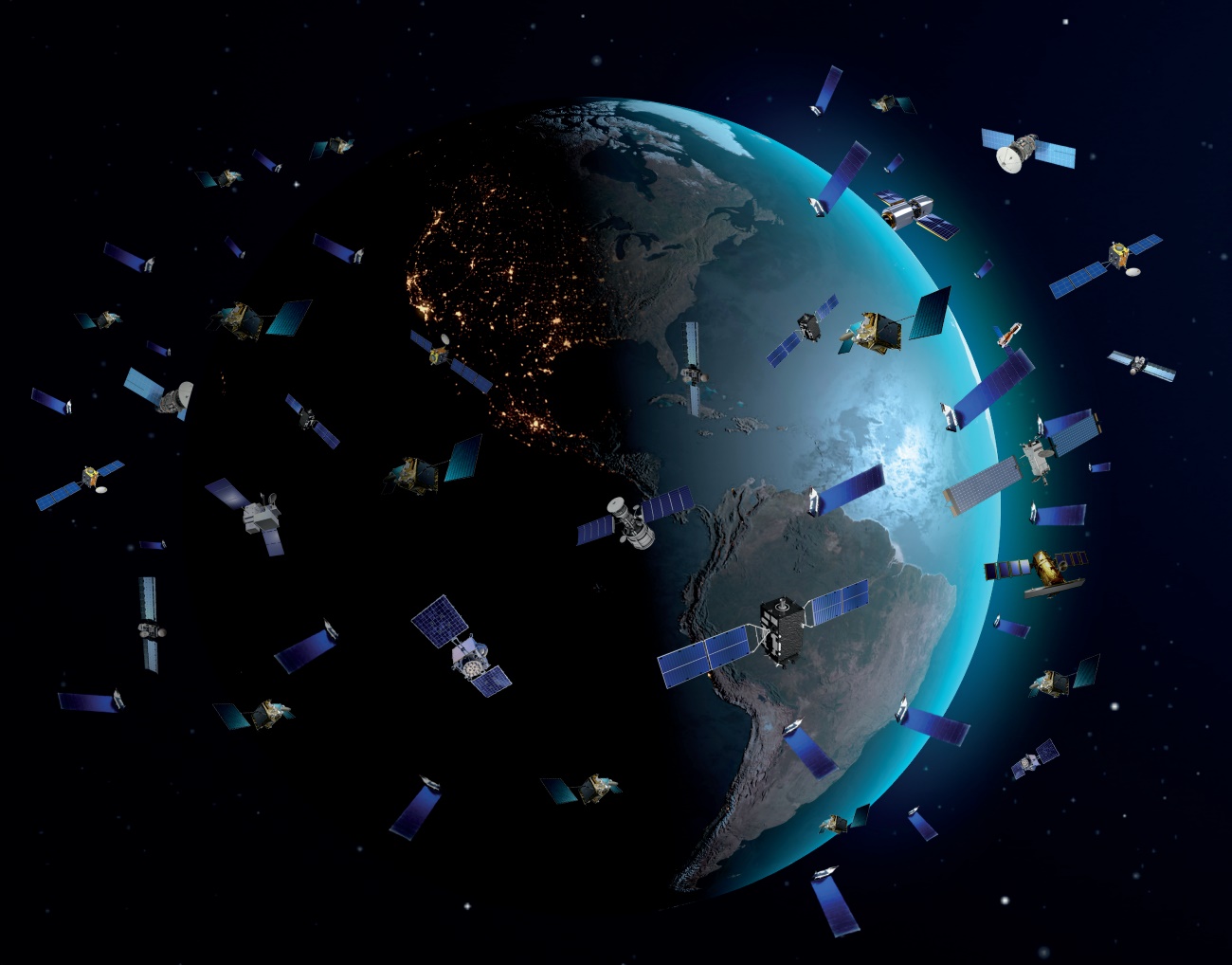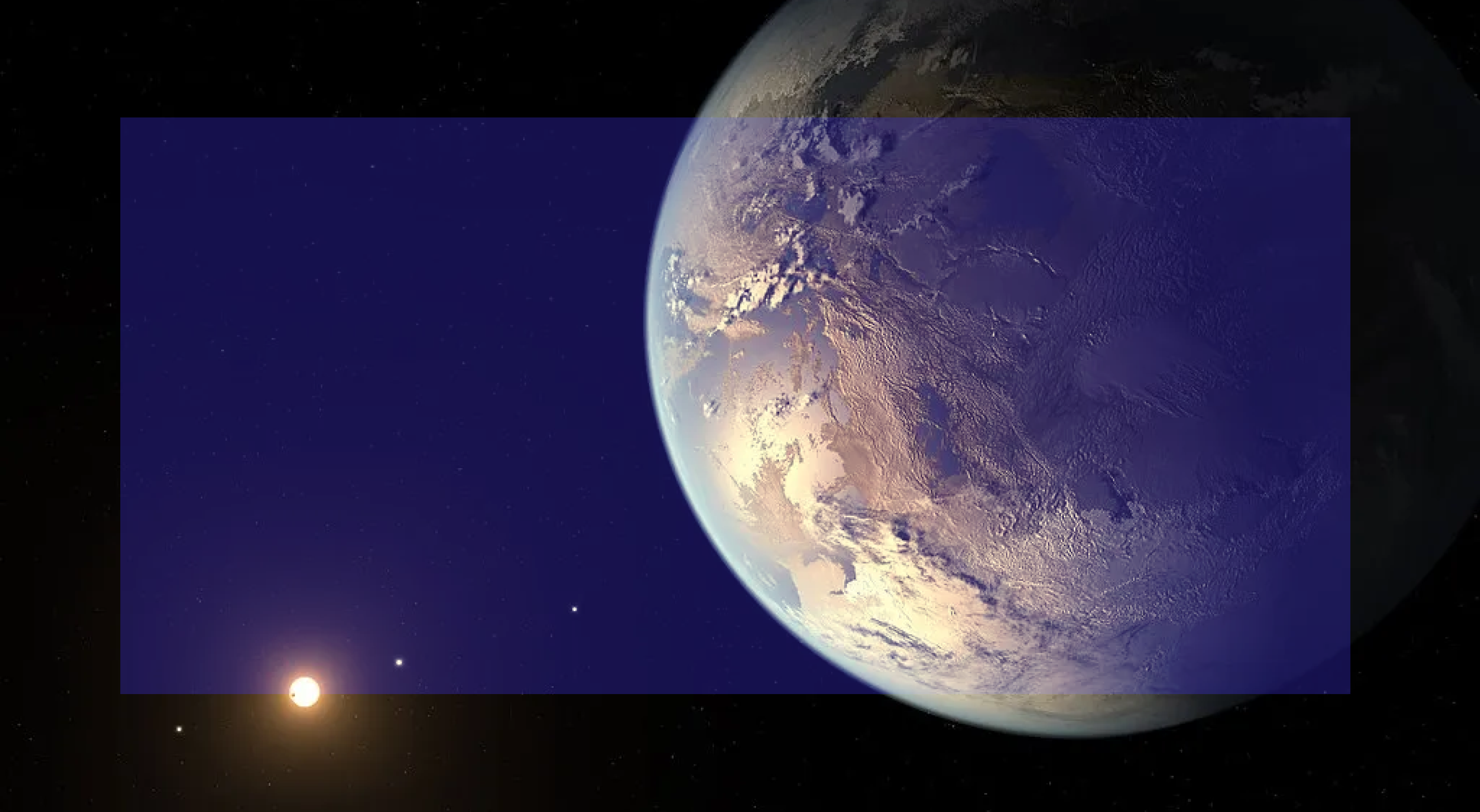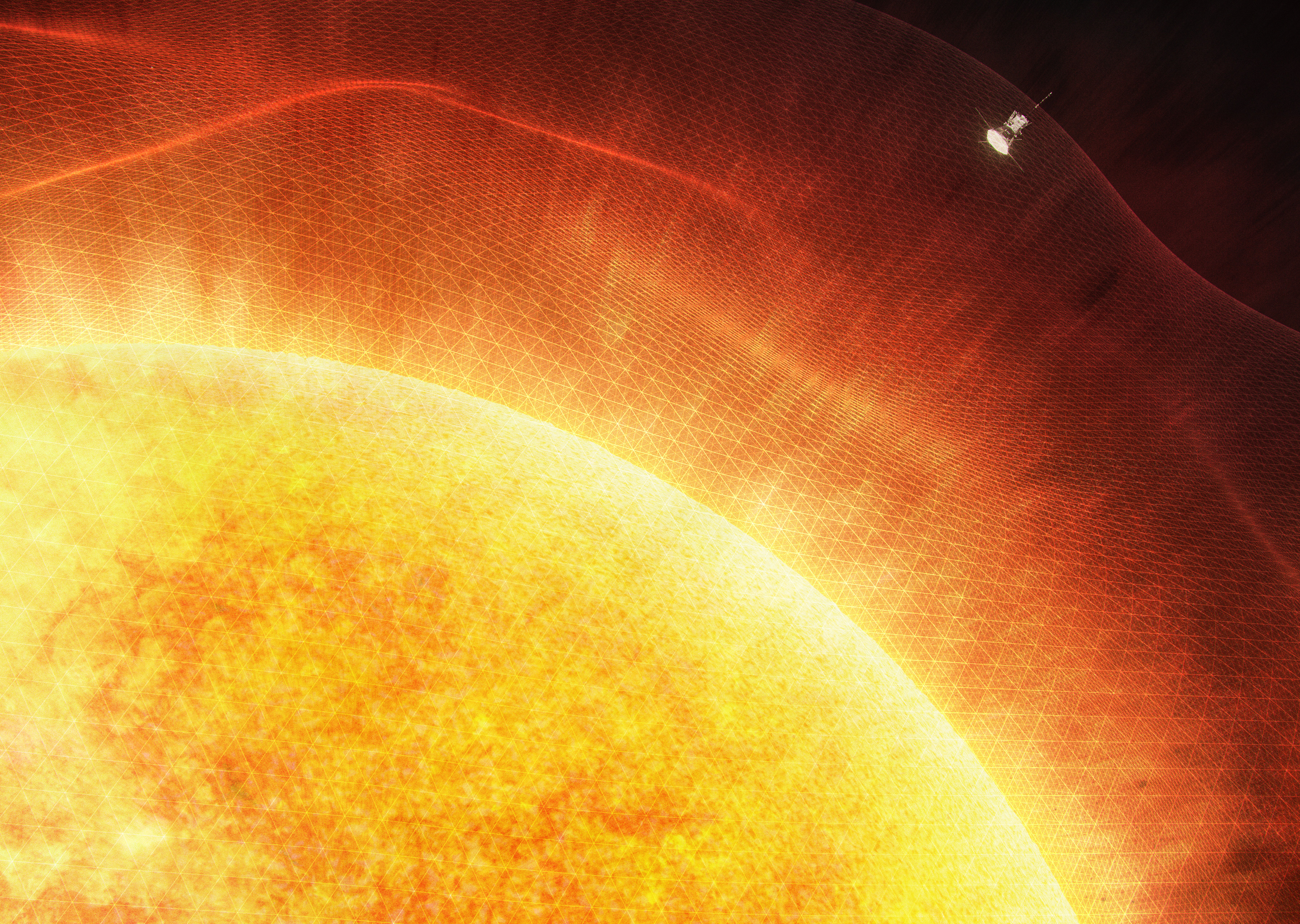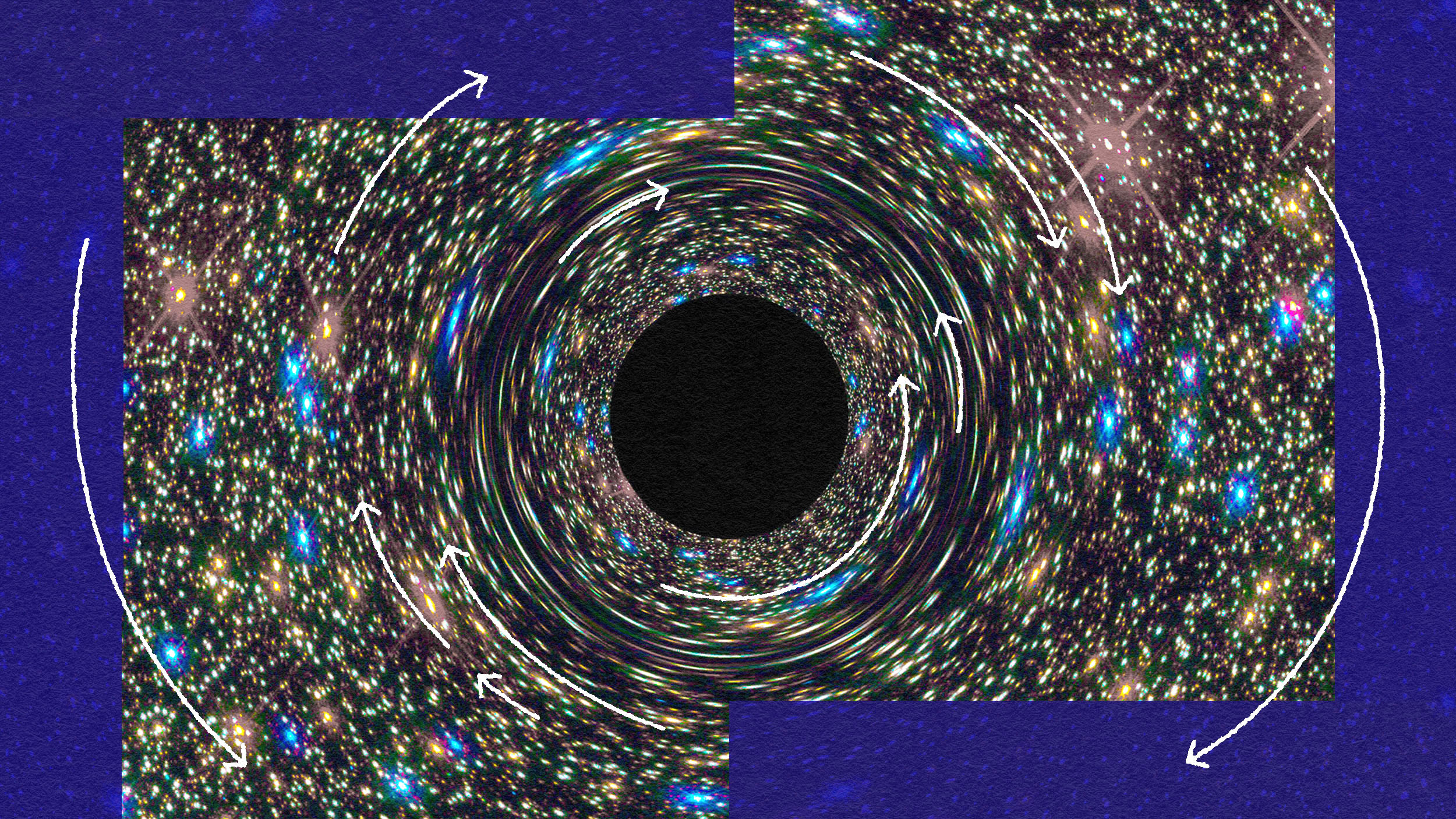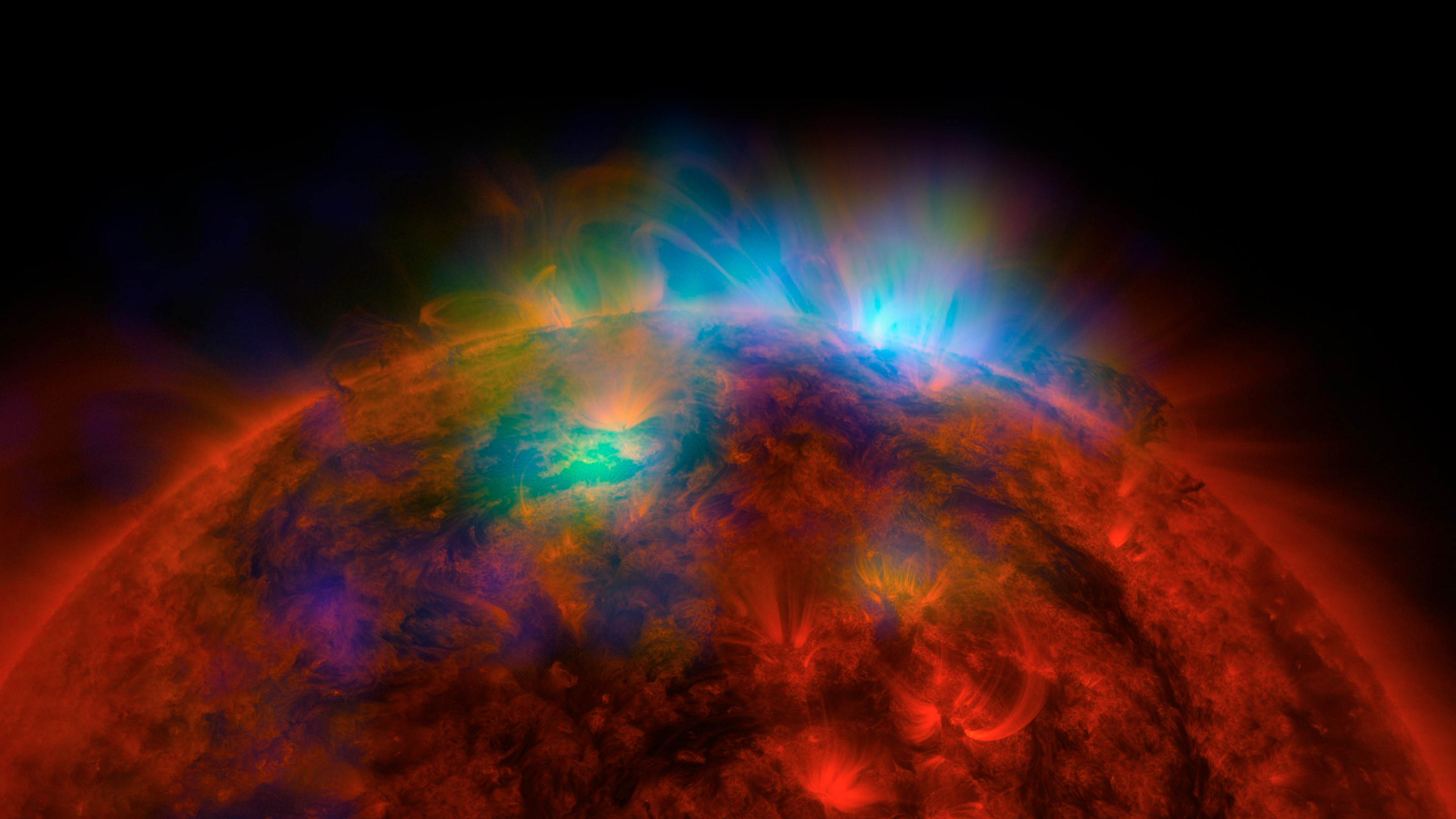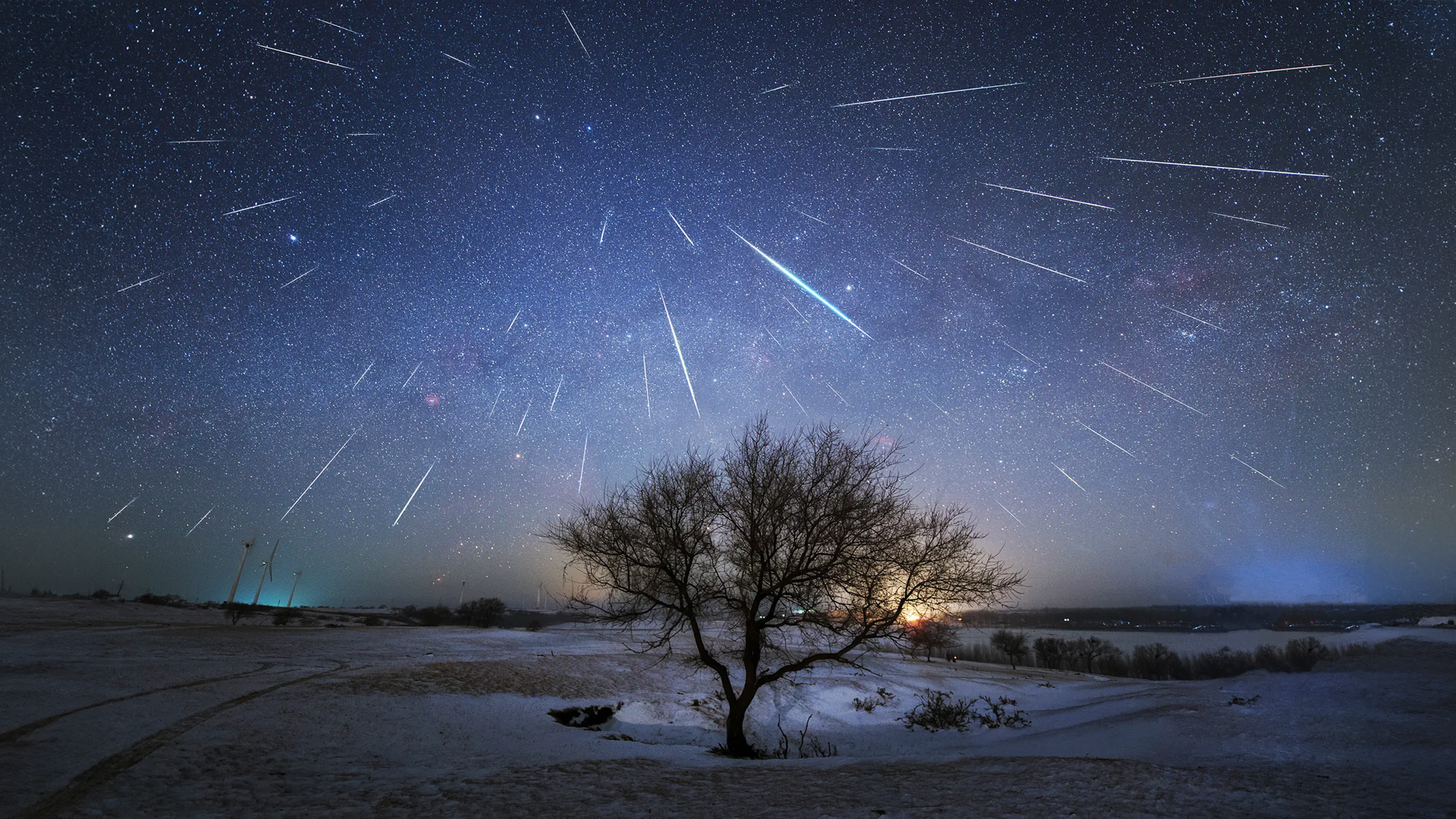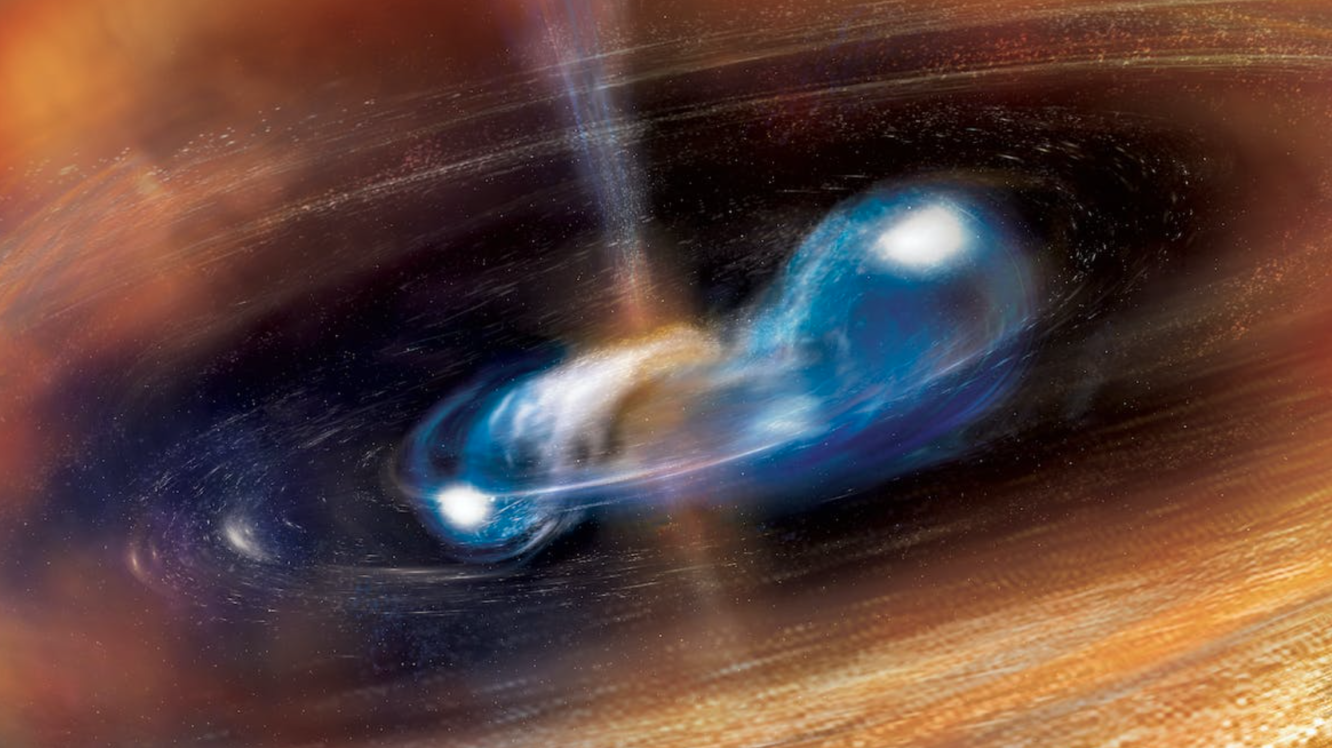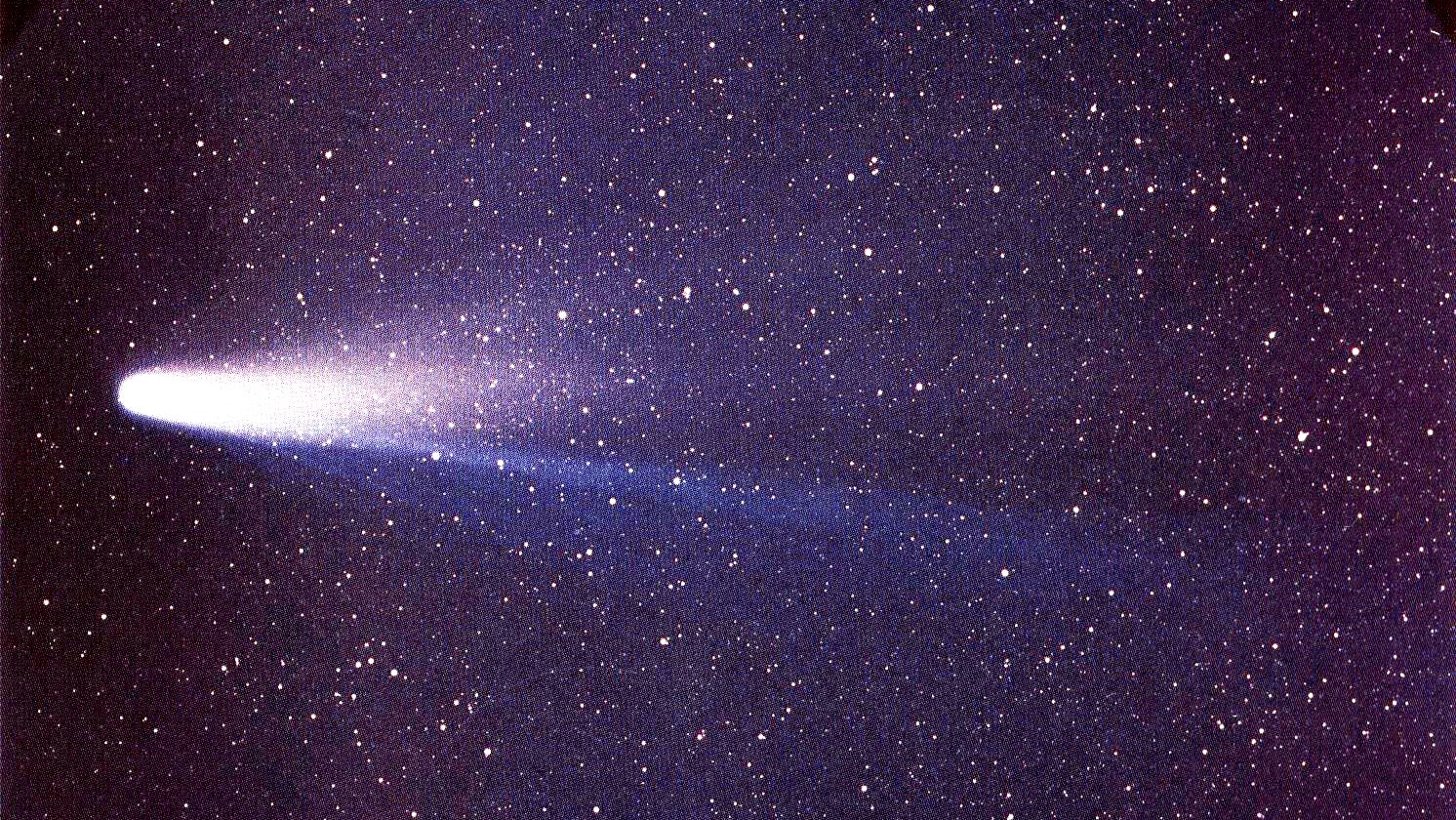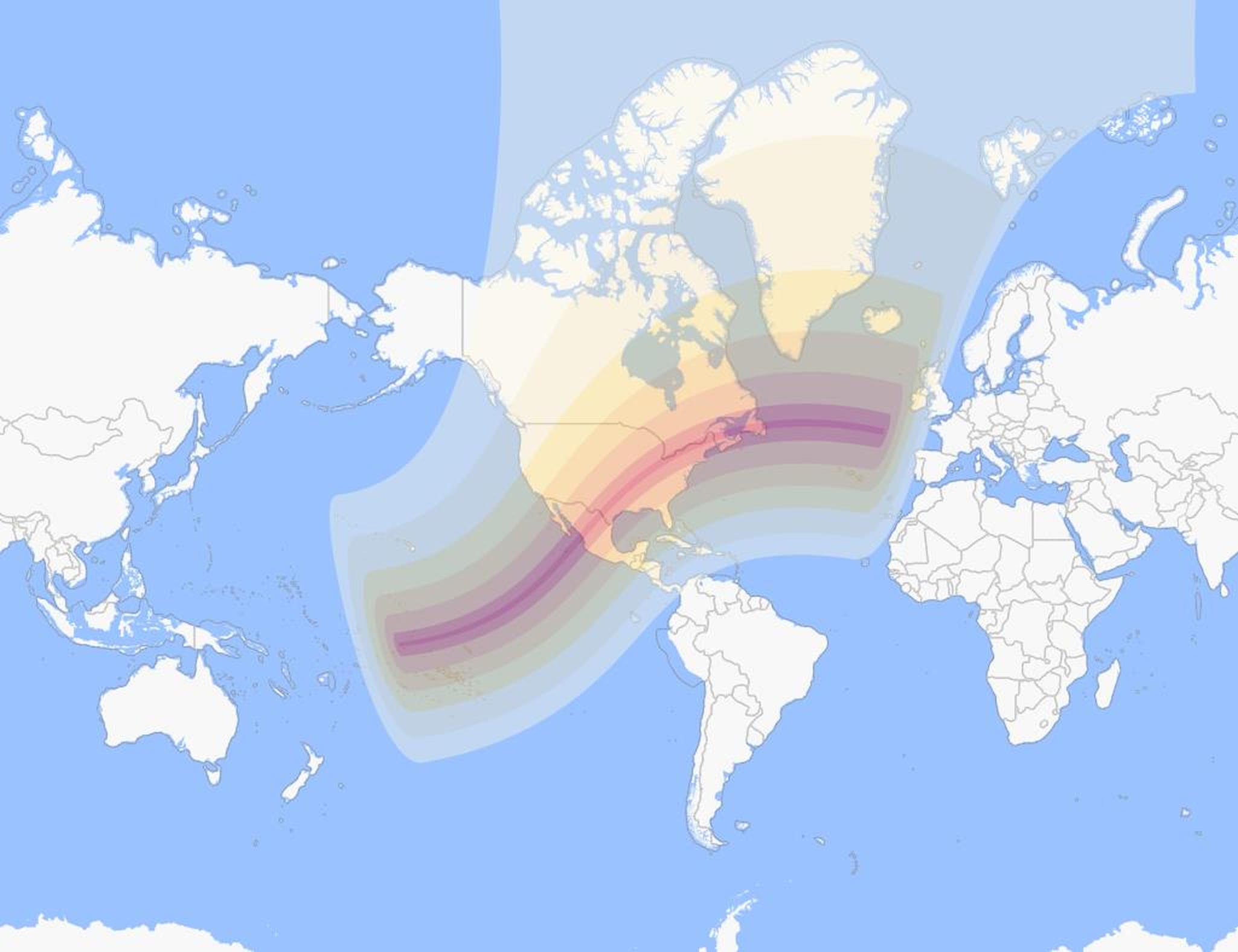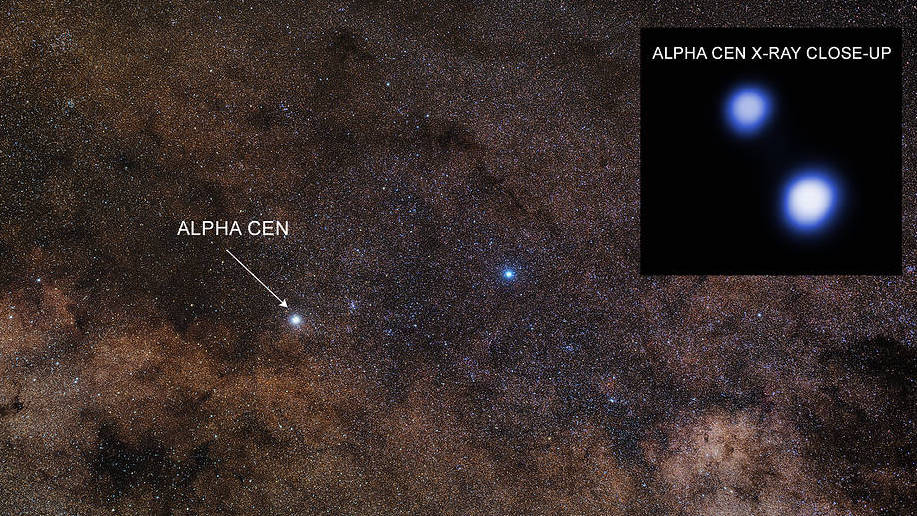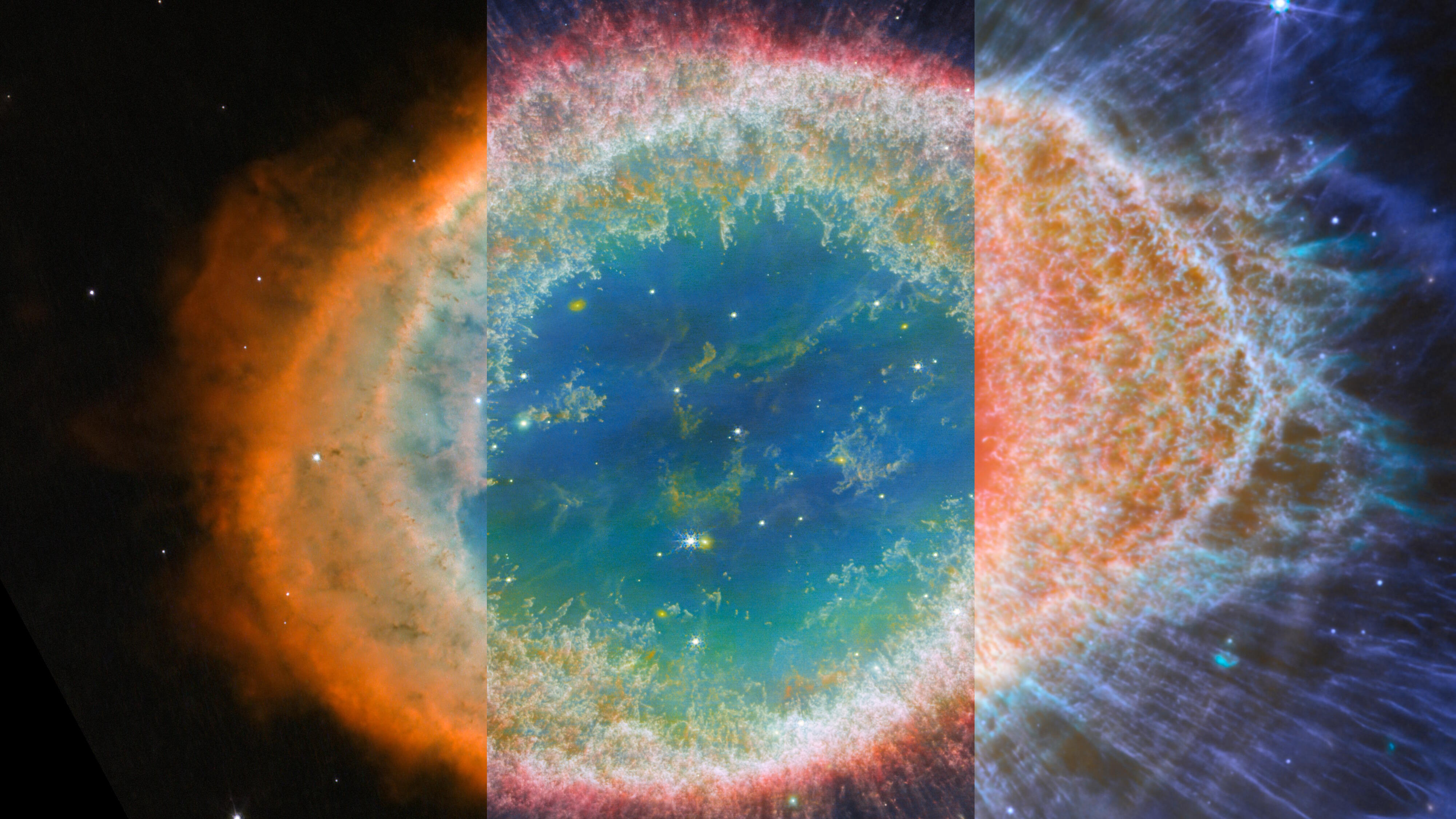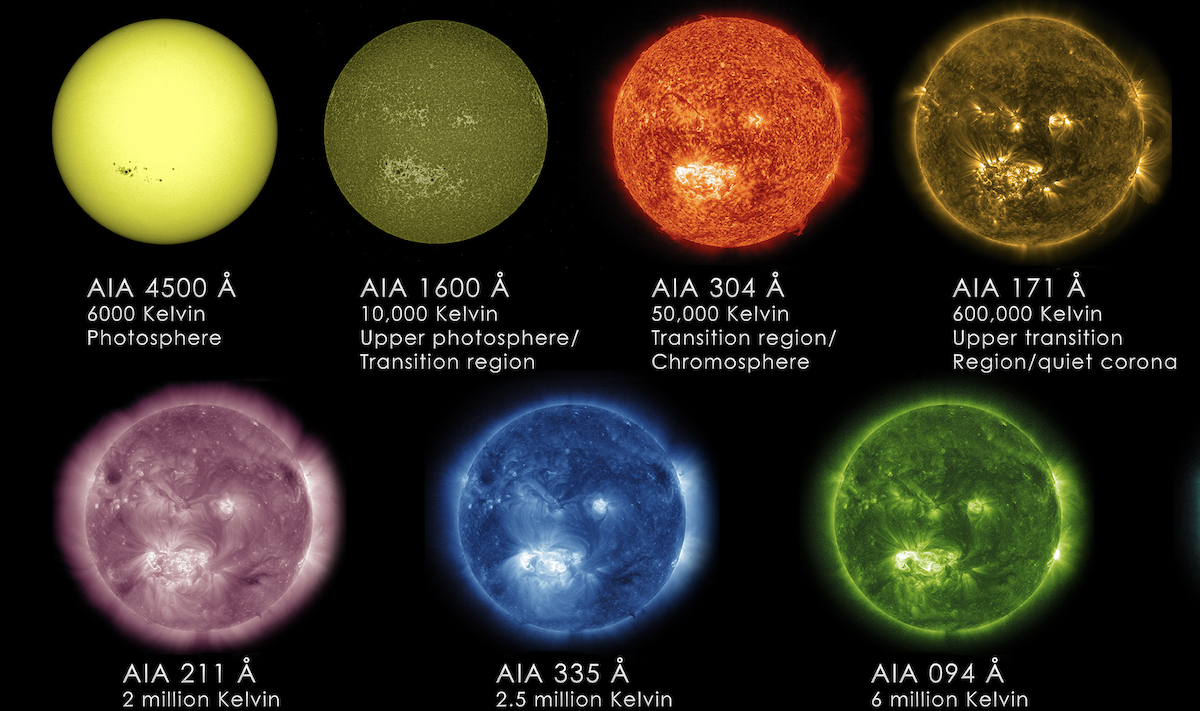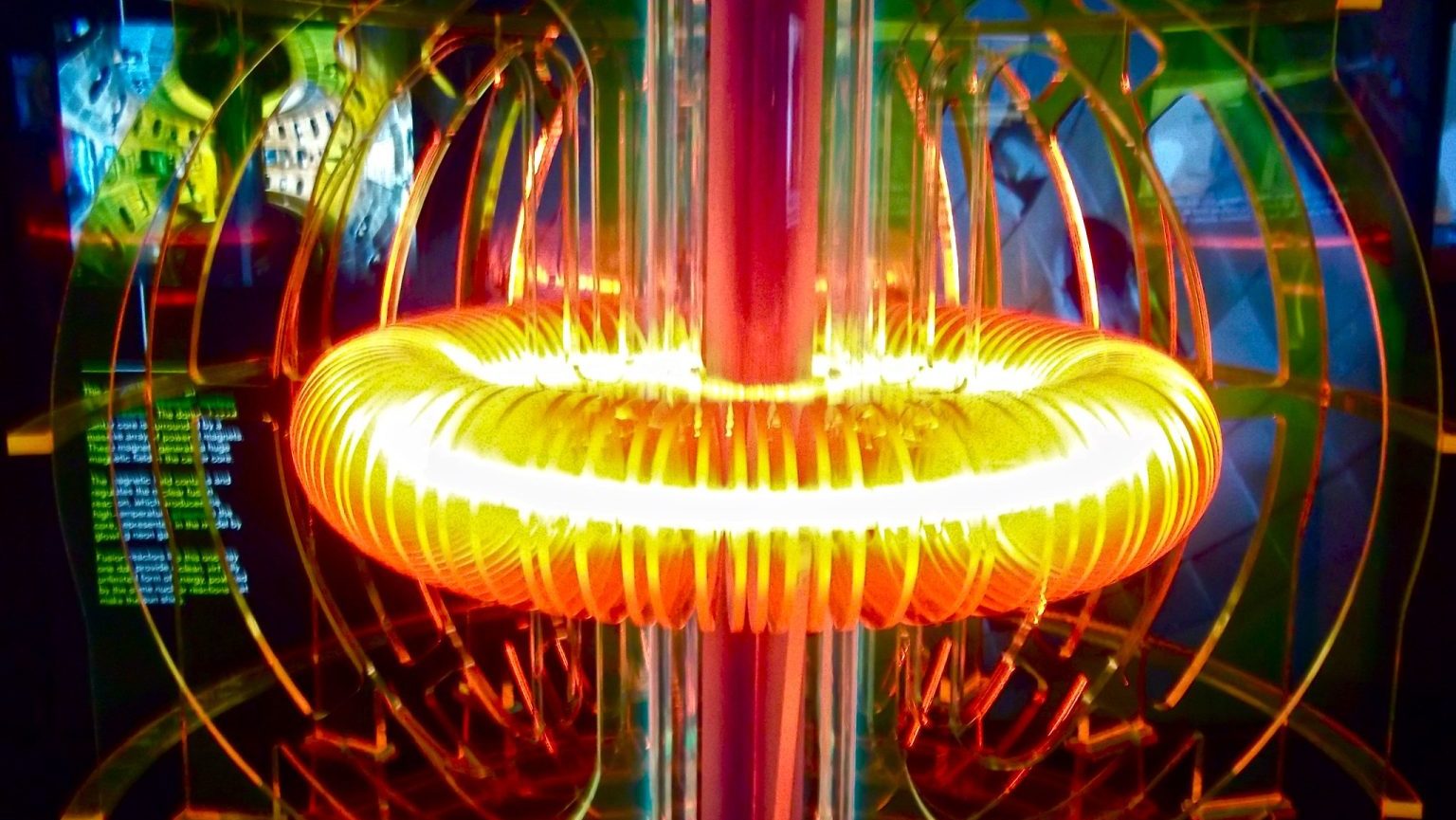There are plenty of life-friendly stellar systems in the Universe today. But at some point in the far future, life's final extinction will occur.
Search Results
You searched for: sun
Plato, Sun Tzu, and Buddha all lived in a "golden age" of philosophy that laid the foundation of modern thought.
Leap day only comes once every four years, including in 2024. But the reason we have it, including when we do and don't, may surprise you.
Total eclipses are a product of a strange and almost eerie cosmic coincidence — one that makes Earth an even rarer world in the galaxy and, by proxy, in the Universe.
Newton thought that gravitation would happen instantly, propagating at infinite speeds. Einstein showed otherwise; gravity isn't instant.
There are 40 billion billion black holes in the universe. Here’s how our Solar System stacks up against ten of them.
Although we still don't know the question, we know that the answer to life, the Universe, and everything is 42. Here are 5 possibilities.
As the Earth spins and wobbles on its axis and revolves elliptically around the Sun, each day changes from the last. "24 hours" isn't right.
In logic, 'reductio ad absurdum' shows how flawed arguments fall apart. Our absurd Universe, however, often defies our intuitive reasoning.
Want to avoid getting "spaghettified" by a black hole? Steer clear of the smaller ones.
A deep dive into the chaotic journey of star formation.
Strategy advisor Roger Martin explains how 2,000 year old military thinking is useful in modern business strategy.
▸
8 min
—
with
It's a radical but plausible idea.
Each year in mid-August, Earth plows through the debris stream of an enormous comet, creating the Perseids. 2023's show will be magnificent!
Most of us only ever see a fraction of a full rainbow: an arc. But optically, a full rainbow makes a complete circle. Physics explains why.
Space weather poses a tremendous threat to all satellites, knocking all computer systems offline. Is that a recipe for Kessler syndrome?
Life became a possibility in the Universe as soon as the raw ingredients were present. But living, inhabited worlds required a bit more.
How can you "touch the Sun" if you've always been inside the solar corona, yet will never reach the Sun's photosphere?
Until the Apollo missions, we had no idea how the moon got here, just a series of educated guesses. They rewrote the story of the moon’s origins.
The Big Bang theory is not threatened, but astrophysicists have some explaining to do.
Each December, the Geminid meteor shower puts on a show for skywatchers across Earth. With a new Moon at 2023's peak, it'll be outstanding!
In just a few seconds, a gamma-ray burst blasts out the same amount of energy that the Sun will radiate throughout its entire life.
On December 9, 2023, Halley's Comet reached aphelion: its farthest point from the Sun. As it returns, here are 10 facts you should know.
The next solar eclipse to occur over heavily populated areas is on April 8, 2024. For a spectacular show; here's where the best views are!
This oddball system of three stars might be our best chance at finding nearby life in the Universe.
The "Ring Nebula," known for almost 250 years, is so much more than a Ring. With JWST's capabilities, we're seeing more than ever before.
The European Space Agency’s Solar Orbiter recently captured images that could help scientists better under the mysterious physics of our Sun.
Scientists have been chasing the dream of harnessing the reactions that power the Sun since the dawn of the atomic era. Interest, and investment, in the carbon-free energy source is heating up.
